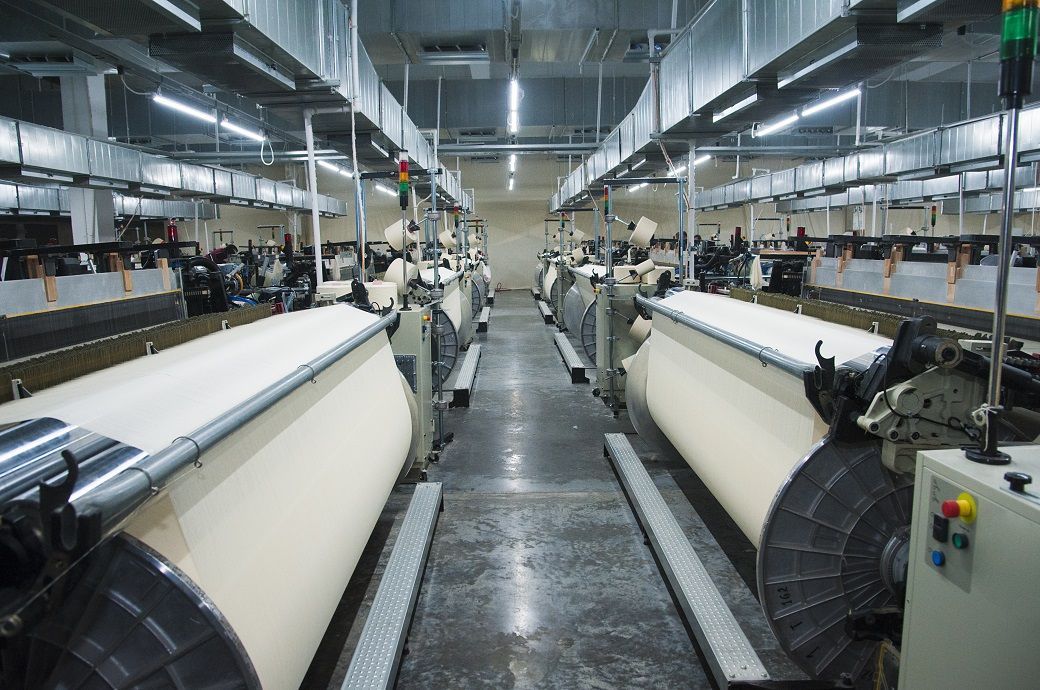PMI for Germany's private sector slips from 46.9 to 45.9 in Sept 2022

The headline S&P Global Flash Germany PMI Composite Output Index released by market intelligence company S&P Global Inc registered in sub-50 contraction territory for the third straight month in September. Amid a backdrop of persistently high inflation, economic uncertainty, and increased energy costs, firms recorded a substantial reduction in demand and revised down their expectations for future output to the lowest since the first wave of the COVID-19 pandemic.
Inflationary pressures meanwhile intensified. Manufacturing production was meanwhile down for the fourth month in a row, though the rate of contraction eased to the slowest since June amid some reports of improved raw material supply, according to a press release by S&P Global.
The rate of decline in new work accelerated notably on the month to the fastest since May 2020, with both monitored sectors seeing the sharpest declines over this period, led by manufacturing. Across both monitored sectors, there were reports of increased hesitancy among customers due to growing pressure on budgets and continued uncertainty towards the outlook, with surveyed firms often highlighting the influence of the war in Ukraine and increased energy costs.
September saw the rate of increase in business input costs accelerate for the first time in five months, with higher energy prices providing the main impetus according to anecdotal evidence.
Whilst still historically elevated and slightly faster than in August, the increase in manufacturing purchase prices remained some way off its peak in 2021, and there was also little change in the rate of factory gate price inflation. Indeed, outside of the energy market, there were further signs of supply-demand imbalances easing, with the incidence of delays in the receipt of inputs falling to the lowest for two years.
The moderation in material bottlenecks in part reflected a further decline in purchasing activity at the end of the third quarter. German manufacturers cut buying levels for the third month running and to the greatest extent since June 2020. Anecdotal evidence pointed to firms trying to manage stocks of purchases, which continued to rise at a solid pace, but one that was the slowest for six months.
With manufacturing new orders falling much more quickly than output, stocks of finished goods also showed a further robust (albeit marginally slower) increase in September. A second straight monthly decline in backlogs of work across Germany’s private sector in September provided further evidence of capacity pressures easing.
The easing of capacity pressures was reflected in a slowdown in the rate of private sector employment growth for the second month running, down to the lowest since February 2021. Underlying data indicated greater caution towards hiring across both manufacturing and services, added the release.
Looking ahead, September’s survey indicated a considerable deterioration in firms’ expectations towards future activity. After recovering somewhat in August, sentiment turned pessimistic once again and was the lowest since May 2020, reflecting an increasingly gloomy outlook across the manufacturing sector. The supply and cost of energy was of particular concern among businesses.
“The German economy looks set to contract in the third quarter, and with PMI showing the downturn gathering in September and the survey’s forward-looking indicators also deteriorating, the prospects for the fourth quarter are not looking good either. Whilst constraints on manufacturing output from material shortages looked to have eased somewhat, resulting in shallower decline in production levels in September, goods producers like their service sector counterparts have nevertheless grown increasingly concerned about activity in the coming months, with the energy crisis stoking recession fears,” Phil Smith, Economics Associate Director at S&P Global Market Intelligence, commented on the flash PMI data.
The Germany PMI is produced by S&P Global and is based on original survey data collected from a representative panel of around 800 companies based in the German manufacturing and service sectors.
Fibre2Fashion News Desk (NB)
































-Ltd..jpg?tr=w-120,h-60,c-at_max,cm-pad_resize,bg-ffffff)





.jpg?tr=w-120,h-60,c-at_max,cm-pad_resize,bg-ffffff)
.jpg?tr=w-120,h-60,c-at_max,cm-pad_resize,bg-ffffff)






